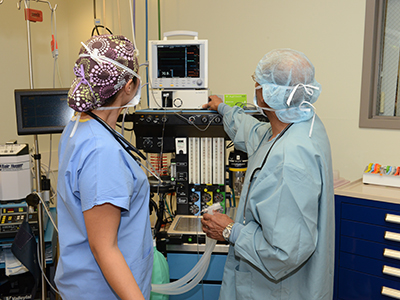 If you are preparing for surgery, there are some critical steps you can take to help ensure the best possible outcome:
If you are preparing for surgery, there are some critical steps you can take to help ensure the best possible outcome:
- As a general rule, you should not eat or drink anything after midnight before your surgery. Under some circumstances, your physician anesthesiologist may give you permission to drink clear liquids up to a few hours before your anesthesia is administered. Be sure to contact your physician, surgeon or hospital for specific rules prior to your procedure.
- If you smoke and you’re scheduled for surgery, physician anesthesiologists recommend you take immediate steps to quit and remain smoke-free until at least one week following your procedure—or indefinitely. Quitting smoking is one of the best things you can do to recover from surgery without complications. People who smoke have an increased chance of complications during and after surgery, including wound infections, pneumonia and heart attacks. The earlier you quit smoking before surgery, the lower your chances of complications.
- Make arrangements for a responsible adult to take you home after your anesthetic or sedation. You will not be allowed to leave alone or drive yourself home. It is recommended that you have someone stay with you during the first 24 hours. If you have local anesthesia with no sedation, it may be possible to go home without someone to accompany you. Check with your physician first.
- If you take medication(s) it is important to inform your physician anesthesiologist. Do not interrupt medications unless your physician anesthesiologist or surgeon recommends it.
- Wear loose-fitting clothes that are easy to put on and will fit over bulky bandages or surgical dressings. Leave your jewelry and valuables at home.
Information Adapted from the American Society of Anesthesiologists